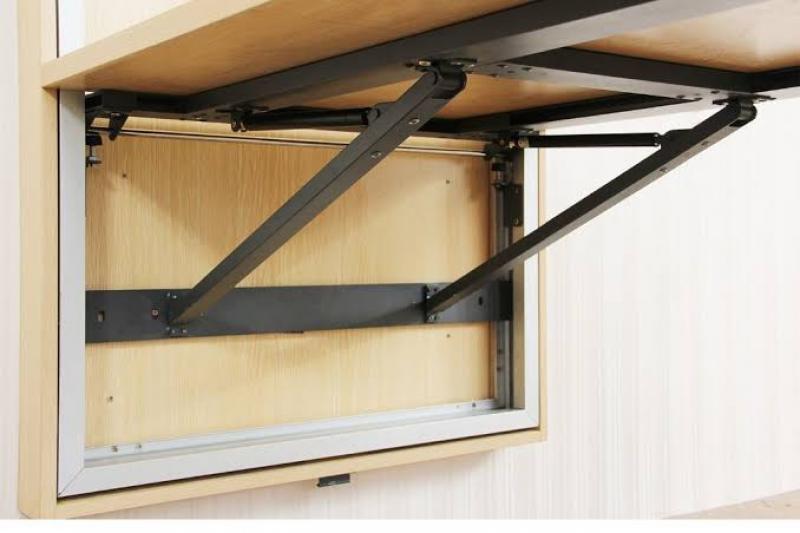Space saving furniture are becoming ubiquitous in workspaces and our daily lives. Smart, collapsible furniture are an intelligent mechanism to save space and are gaining consumer preference over traditional furniture. Market Research Future (MRFR's) study on the global folding furniture market is a compilation of the essential accruals that are derived faster thorough analysis of the pertinent trends and factors that can impact the market growth over the forecast period of 2017-2023. MRFR's analysis has inferred that the folding furniture market would expand at a CAGR of 5.8% over the forecast period.
Considerable efforts invested in the development of folding furniture have led to the introduction of space-saving, collapsible, multifunctional, trendy folding furniture with improved structural soundness. These furniture have particularly gained acceptance due to aggravating living space constraints which have cropped up due to urbanization and population boom. These furniture facilitate space economization along with providing aesthetic appeal. In addition, availability in eco-friendly variants, and the increasing trend of living in studio apartments have fueled the demand for these furniture. Other determinants of market growth include growing constructional activities and expanding spending capabilities of consumers.
On the flipside, the folding furniture market growth might be hindered by various factors. Foldabilization of furniture is a tedious and error-prone process. They rely on manual efforts by humans, which are plagued by distorted human perception of 3D manipulation and viewing perspective. In addition, foldabilization is associated with a multitude of constraints.
Segmentation
The global folding furniture market has been segmented based on product and application.
By product, the folding furniture market has been segmented into chairs, tables, sofas, beds, and others.
By application, the folding furniture market has been segmented into residential and non-residential.
Regional Analysis
Region-wise, the global folding furniture market has been segmented into North America, Rest-of-the-World (RoW), Asia Pacific (APAC), and Europe.
In 2016, the global market was led by APAC. The surge in residential as well as commercial construction in emerging economies of the region such as China, India, Singapore, and Japan are driving the growth of the market. The region is densely populated, which leaves a very limited area for living. Thus, folding furniture is ideally suited in such a space-constrained environment. Rising refurbishment activities are also creating additional demand within the market. APAC is anticipated to be the fastest-growing folding furniture market. Rise in disposable income across the region too is a crucial growth determinant.
Europe is following the APAC folding furniture market closely. Smaller living spaces, booming population, and an upsurge in construction and upgradation of existing interiors are providing growth opportunities to the Europe market.
North America is another important market for folding furniture. The upsurge in commercial and residential construction along with the growing scarcity of living spaces has created a favorable environment for the growth of the North America market.
The RoW market is likely to be driven by changing lifestyle, decreasing spaces, and development of hotels in the Middle East and Brazil.
Competitive Landscape
Expand Furniture (Canada), Gopak Ltd (U.K.), Ashley Furniture Industries Inc. (U.S.), Resource Furniture (U.S.), Dorel Industries Inc. (Canada), Flexfurn Ltd (Belgium), Leggett & Platt, Inc. (U.S.), La-Z-Boy Incorporated (U.S.), IKEA Systems B.V. (Sweden), Nilkamal Limited (India), Murphy Bed (U.S.), and Meco Corporation (U.S) are the notable players in the folding furniture market.
Industry Updates
January 2019 - South Korean Designer Jongha Choi has introduced a collection of space-saving folding furniture, called De-dimension. These furniture can be converted from flat, two-dimensional forms to functional, three-dimensional objects. These furniture are space-efficient and suitable for popular micro homes.
